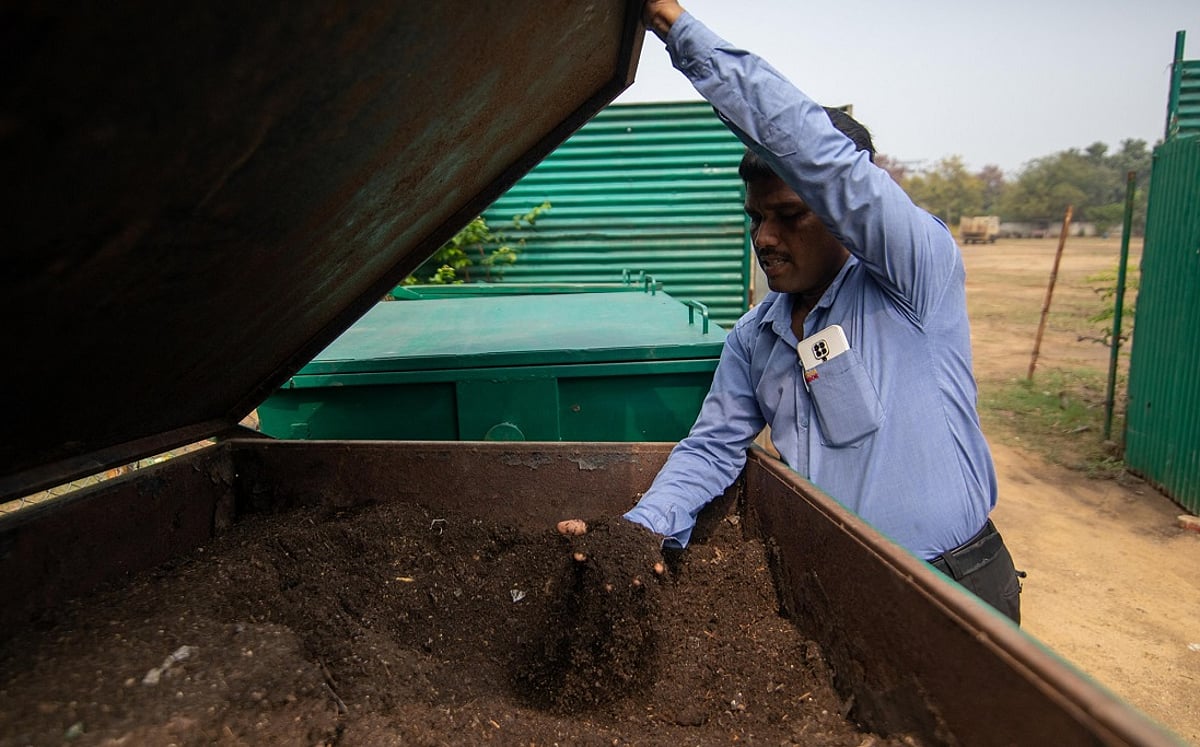When we talk about the environment, we often picture faraway places like melting glaciers, burning forests, and oceans choked with plastic. But the environment is also here, around us, and very often, it begins at home. The house, the terrace garden, the school playground, the parking lot in your society, and of course the bin. These are all environmental spaces which are shaped every day by the choices we make and the waste we create. Whether we like it or not, each of us plays a role in either protecting or polluting the world we live in.
When it comes to the environment, the conversation can no longer be limited to policy rooms or international summits. Environmental degradation today is a result of large-scale pollution, and it is also the sum of thousands of small decisions made at the individual and institutional level. Take waste, for example. A household that doesn’t separate wet and dry waste might not seem like a big deal. But when lakhs of homes do the same, it adds up to overflowing landfills, polluted groundwater, and toxic air from burning garbage.
In urban India, solid waste generation has reached 62 million tonnes annually, with cities like Mumbai alone producing a mammoth 7,300 metric tonnes of waste every day. A significant portion of this is organic waste, which, if left untreated, releases methane, a greenhouse gas with over 80 times the warming power of carbon dioxide over a 20-year period which will affect air quality, soil health, and water systems in tangible ways.
Amidst the challenges, there are powerful models emerging which are rooted in decentralisation of waste management, community ownership, and long-term thinking. Across residential societies, community composting units are proving that sustainable waste management can begin just a few metres from the kitchen. Schools are integrating environmental responsibility into their pedagogy as practice to turn waste segregation and composting into real-world learning experiences. Corporates, offices and institutions are adopting dry waste collection systems and integrating sustainability into operational SOPs. All of these are quiet, practical steps that add up to cleaner neighbourhoods and, eventually, a healthier city.
And the impact goes deeper. Composting gets rid of wet waste and also rebuilds our connection to the soil, the cycle of renewal, the idea that nothing we throw away really goes “away.” When organic waste is composted locally, it enriches the earth, stores carbon and plays a role in tackling climate change in a significant way. That’s the thing about the environment. It’s not someone else’s job to fix it, because it belongs to all of us. And the solutions don’t need to be complicated. They need to be local, consistent, and built into how we already live.
Across Indian cities, a large chunk of what ends up in landfills could actually be composted or recycled. But because waste isn’t properly sorted or managed, it piles up, leading to flooding, water contamination, and growing health issues. The problem feels big, but the answers aren’t always complex. We’re already seeing change in places where residents have come together to compost within their own buildings or give it to waste recyclers, where festivals are celebrated without polluting materials, and where neighbourhoods run their own dry waste collection. These are not expensive interventions, but rather trust-based, citizen-driven efforts that thrive when residents, institutions, and local governments work together with shared environmental intent.
The message is clear: the environment cannot be treated as someone else’s department. Because accountability doesn’t begin with a climate policy or a government circular. It begins with your bin.
